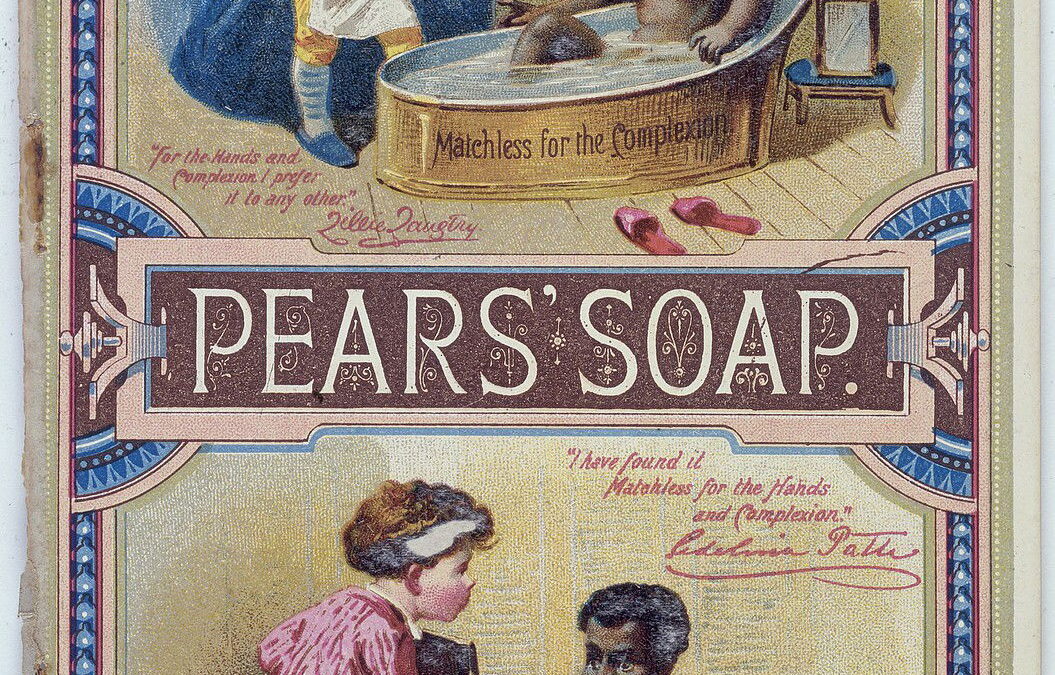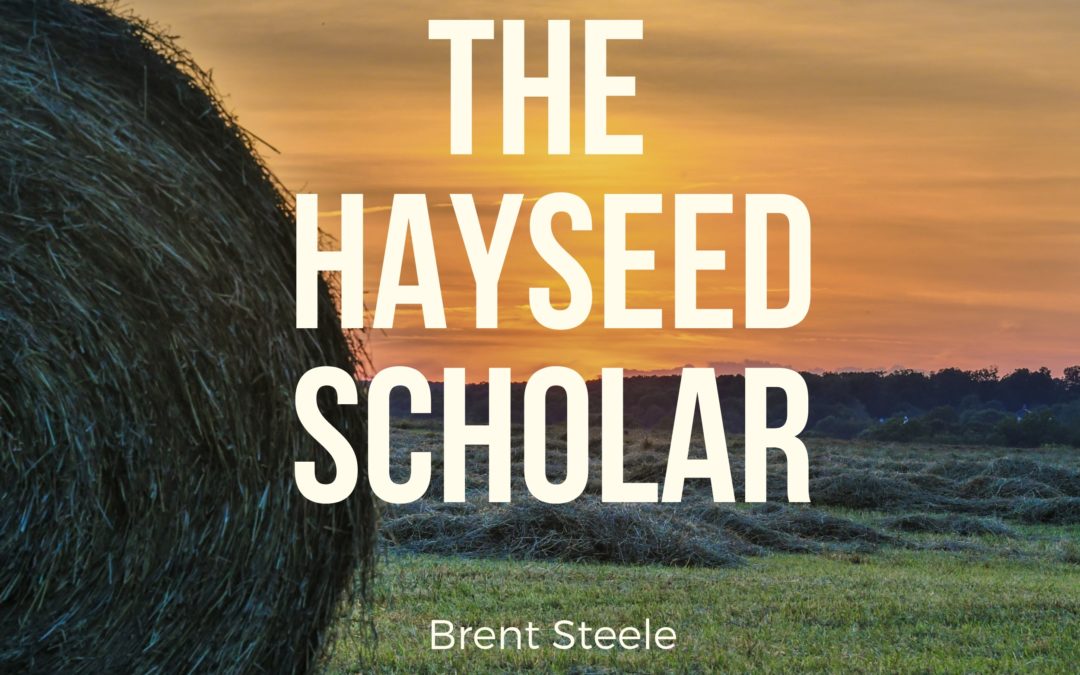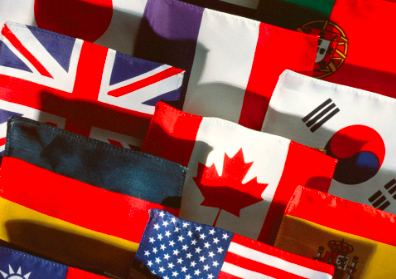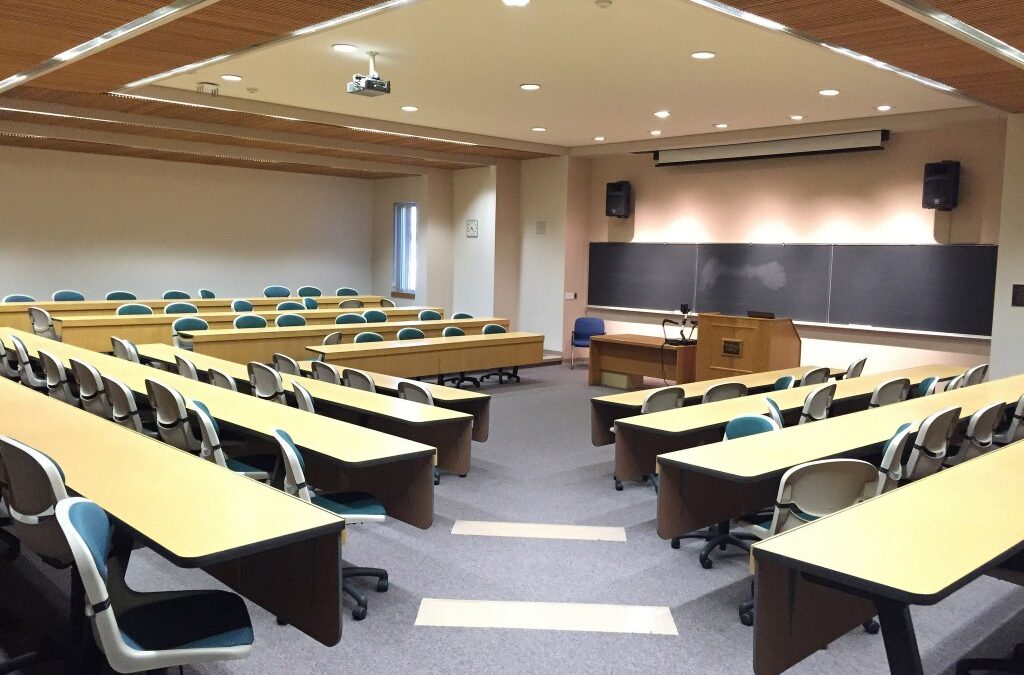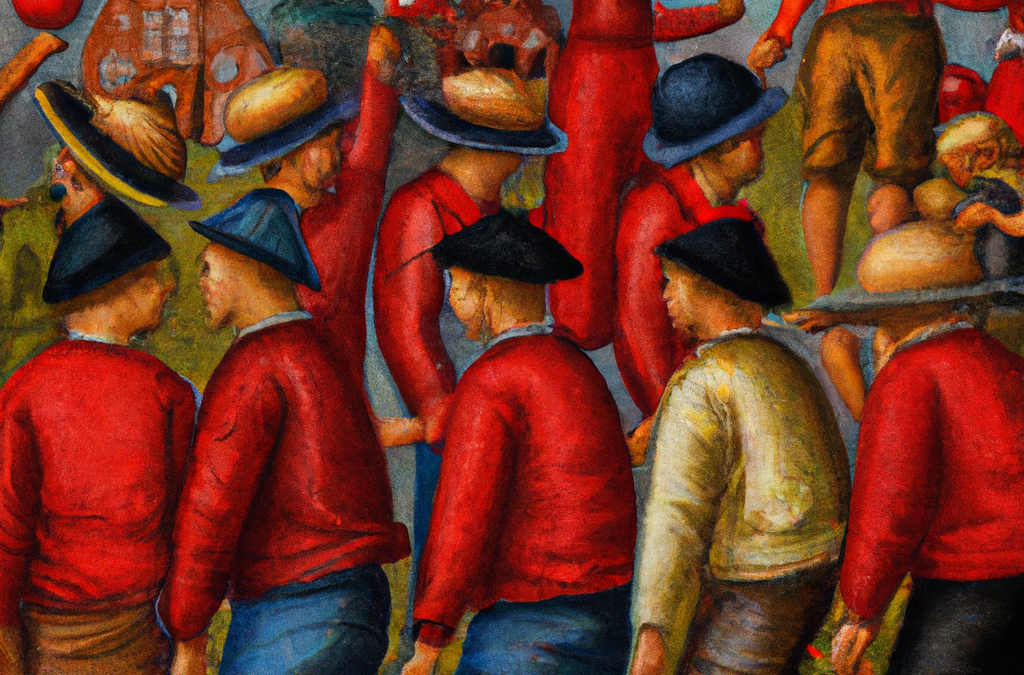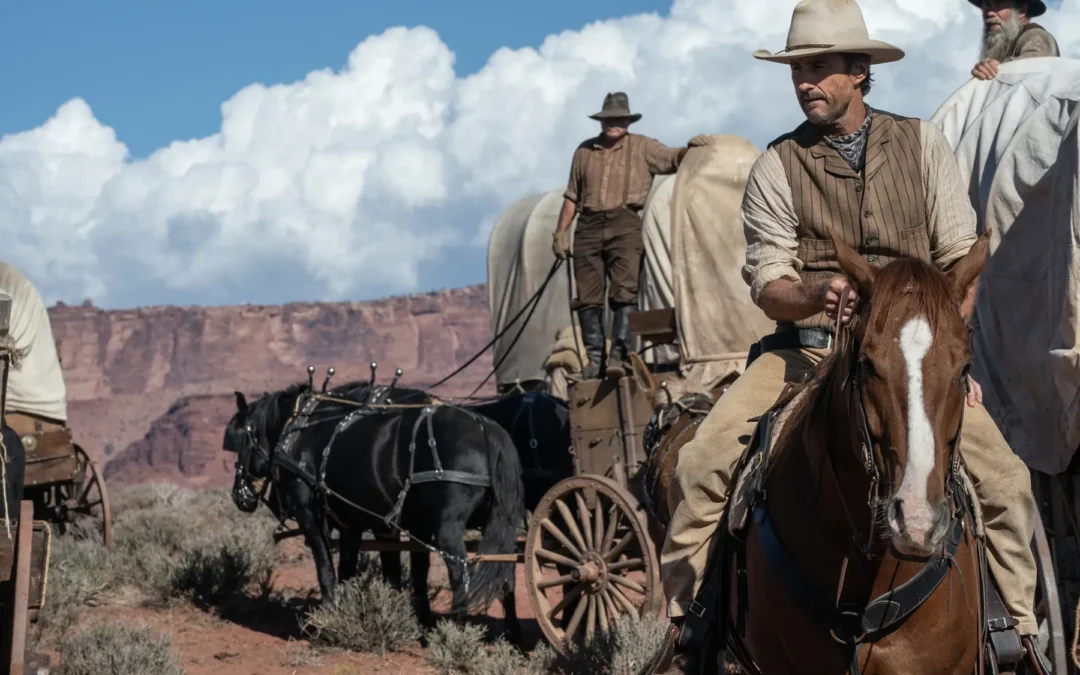The Hayseed Scholar podcast has come to a close. In this farewell episode, Brent's brother Kyle hosts it and they chat about the podcast and why Brent is closing it down. Two friends of the pod, Matt McDonald and Jelena Subotic, also join to mention what they...
